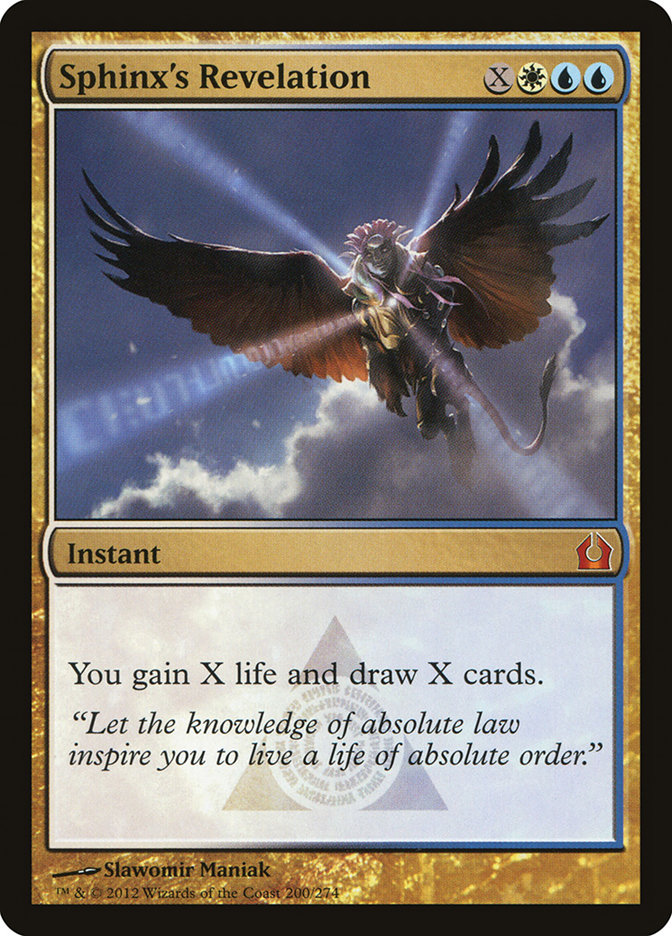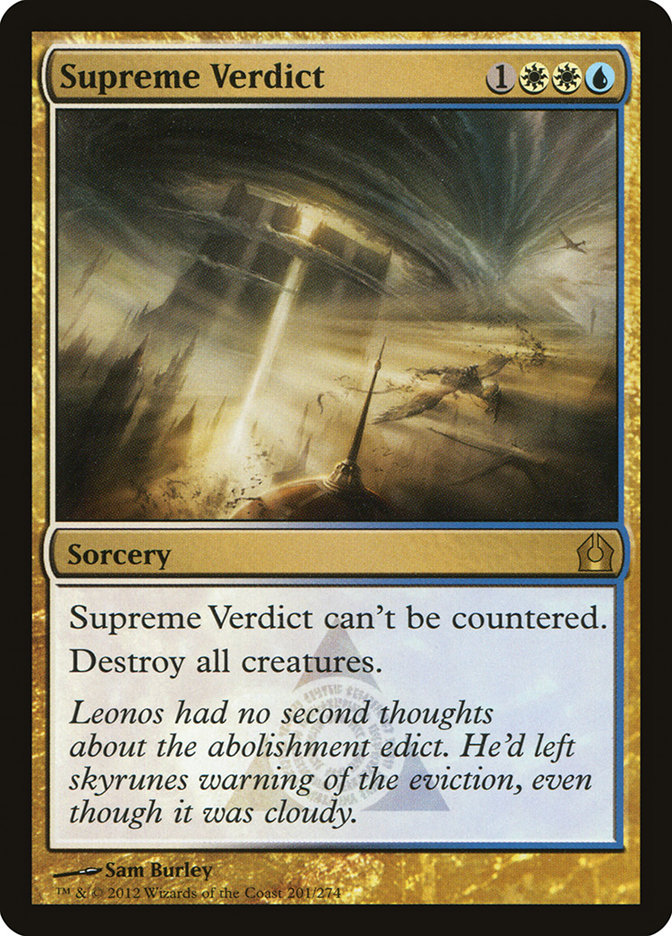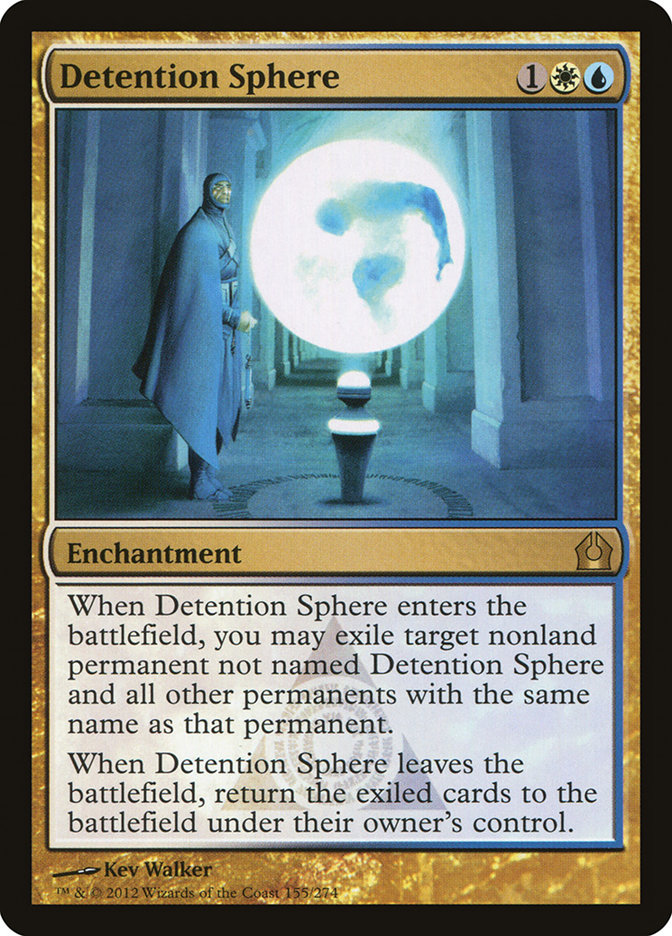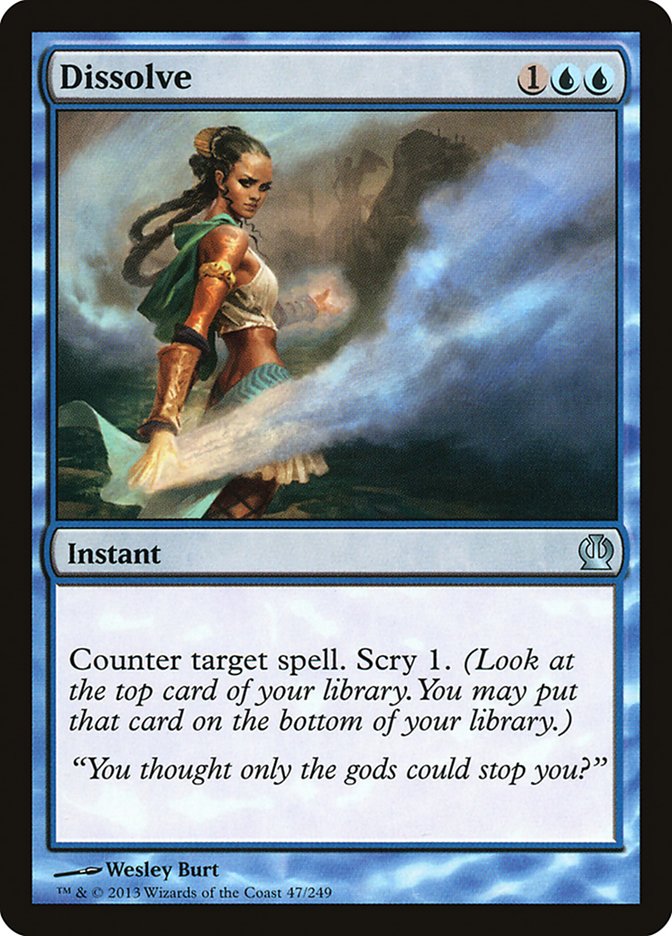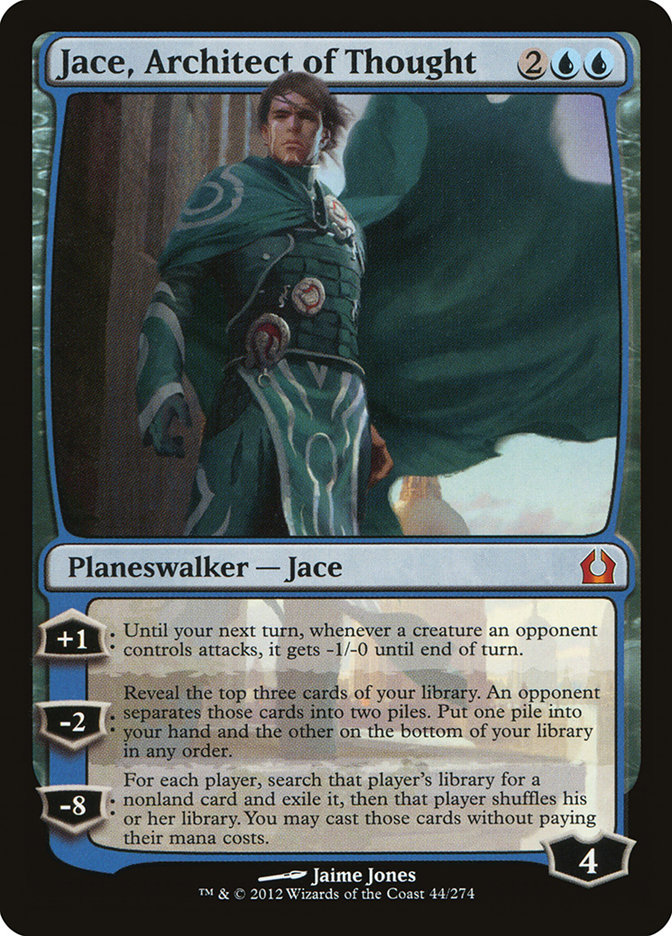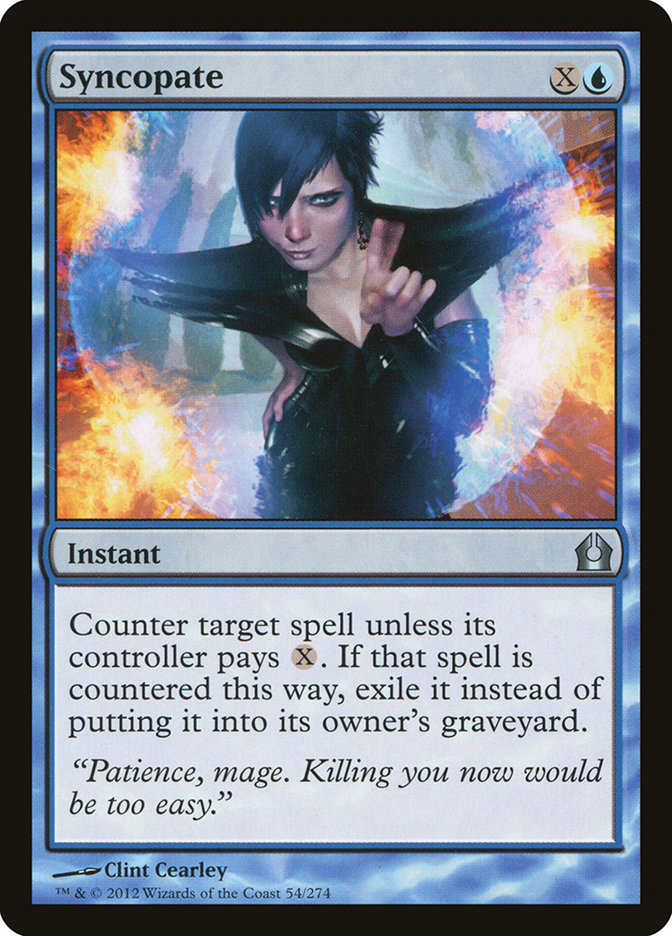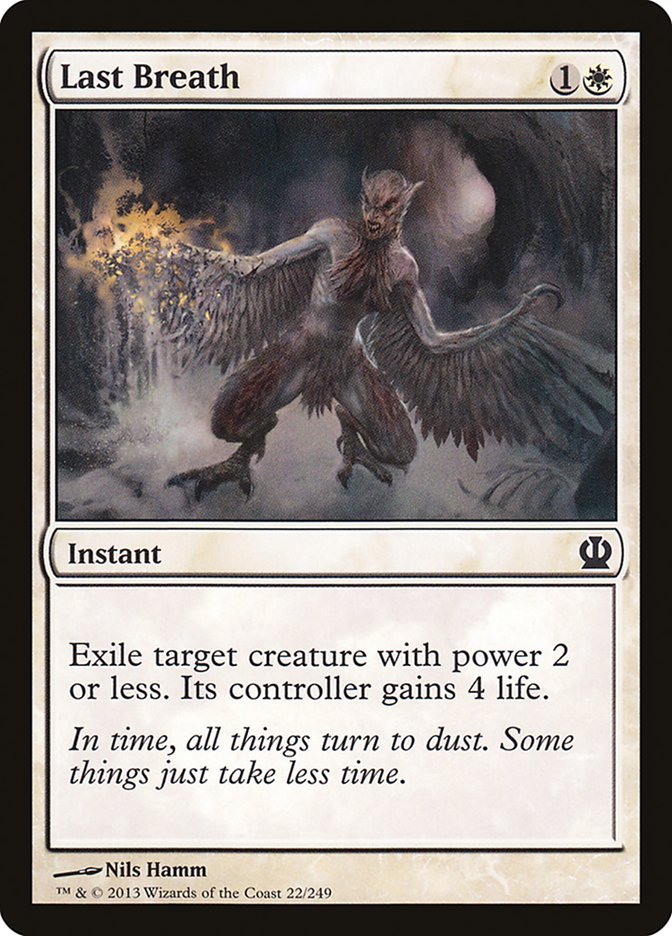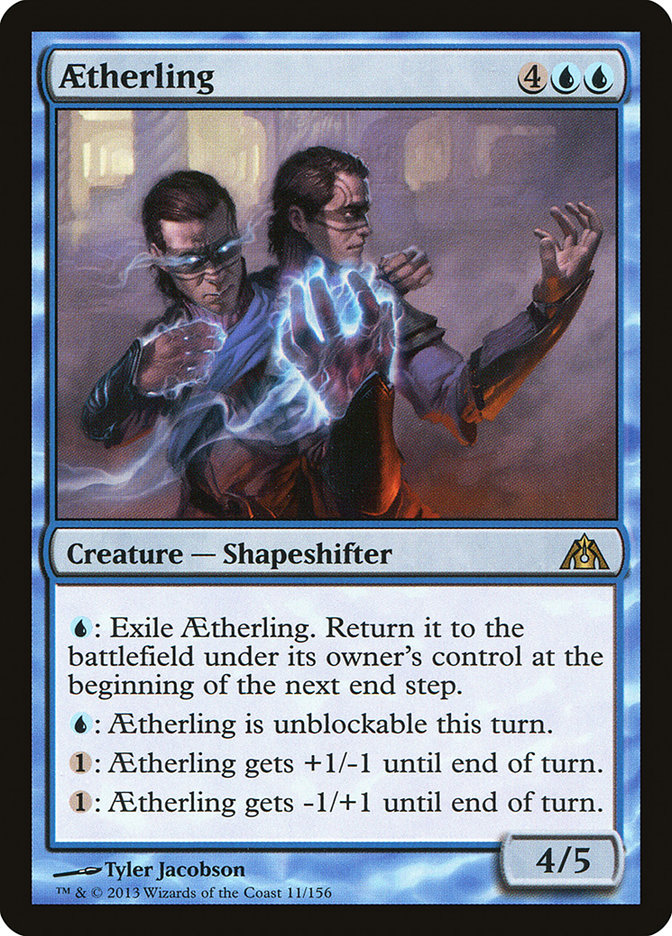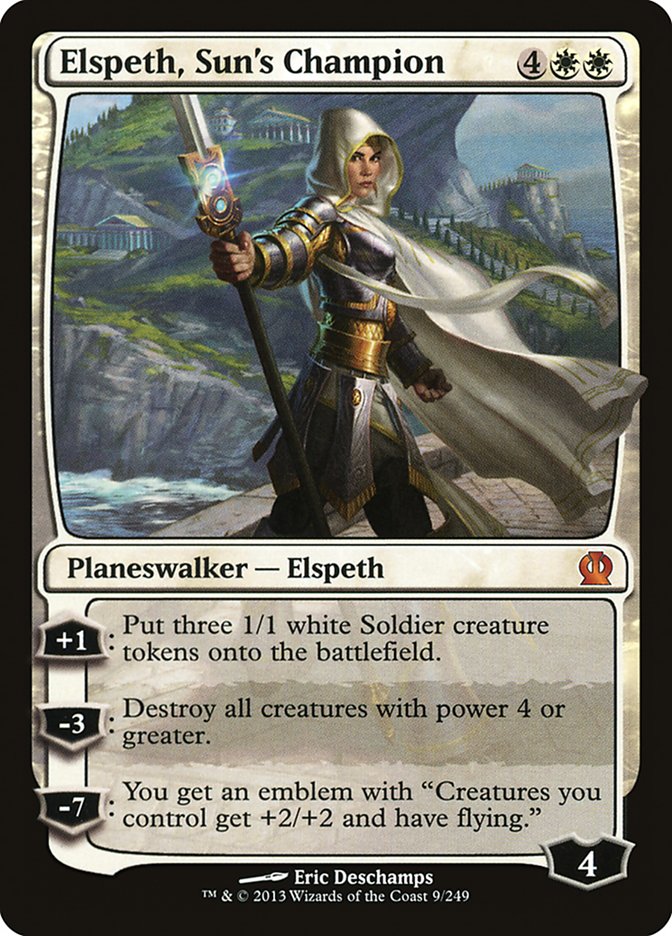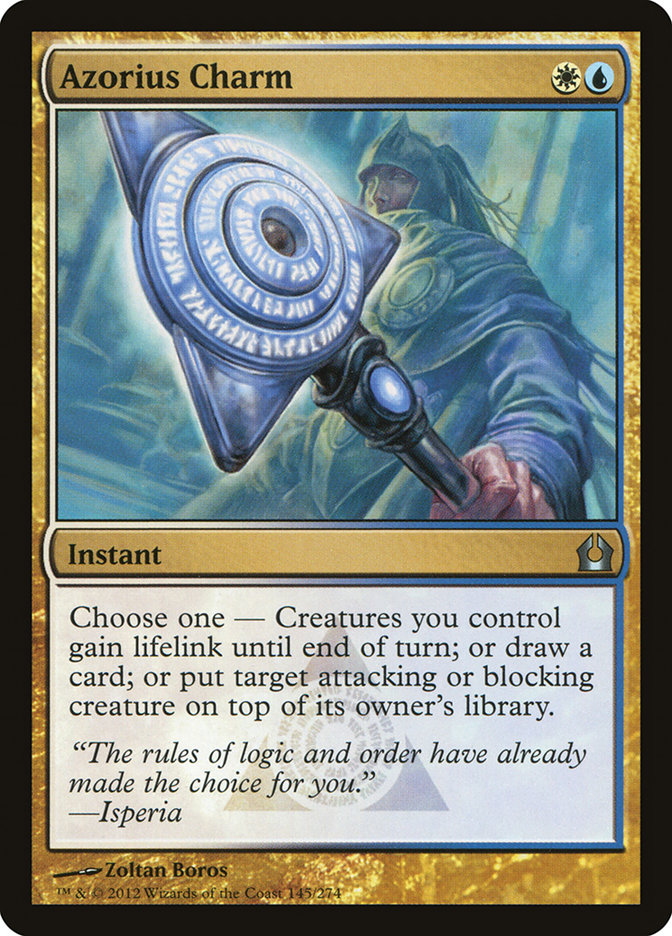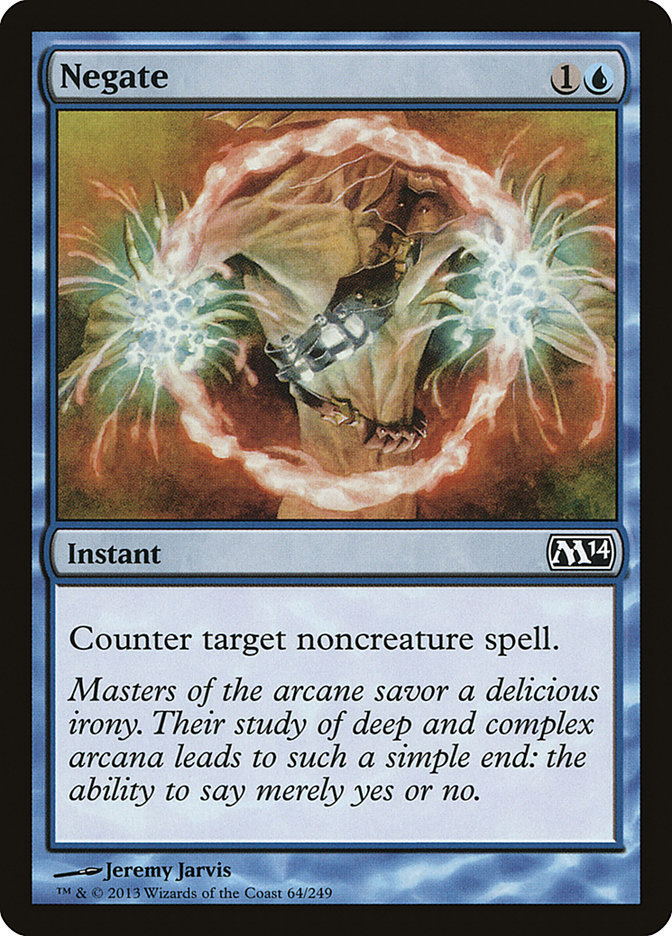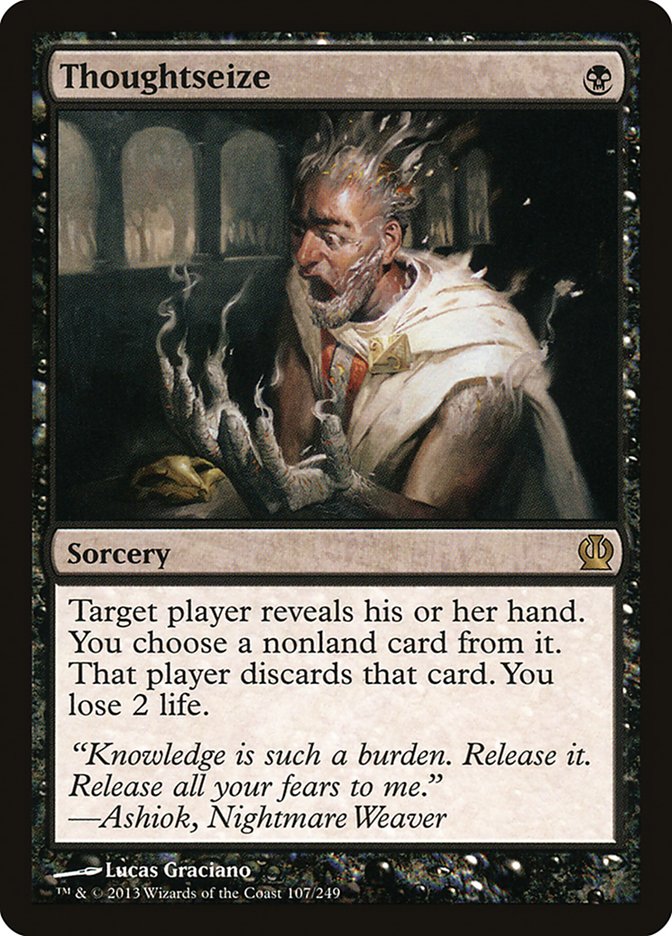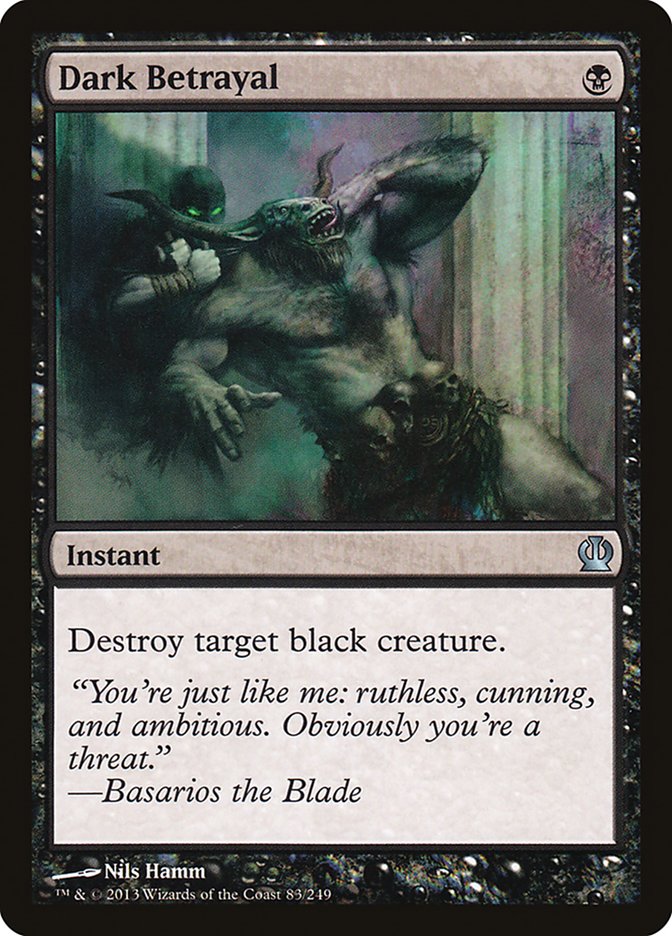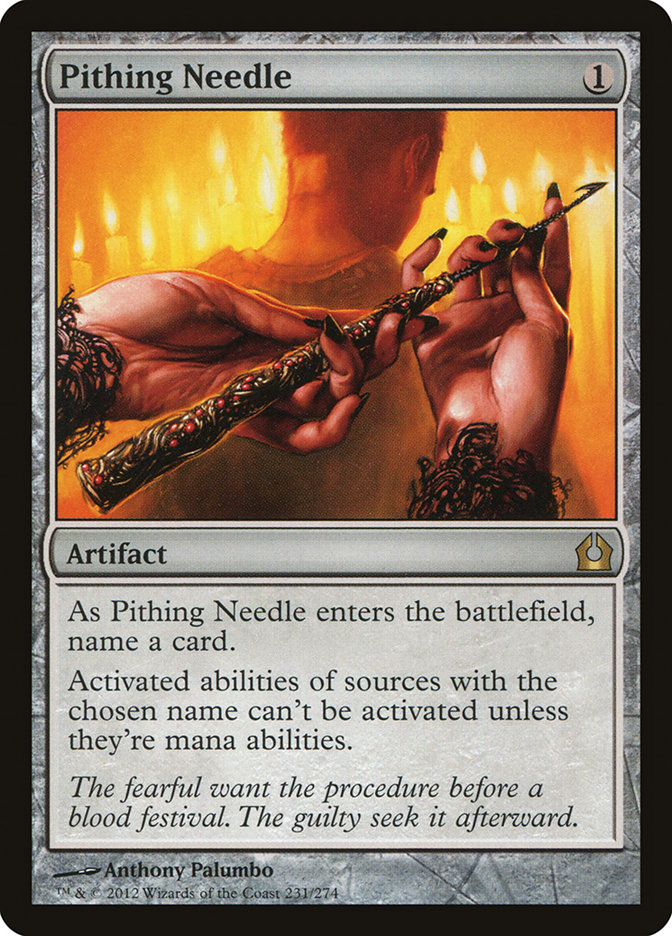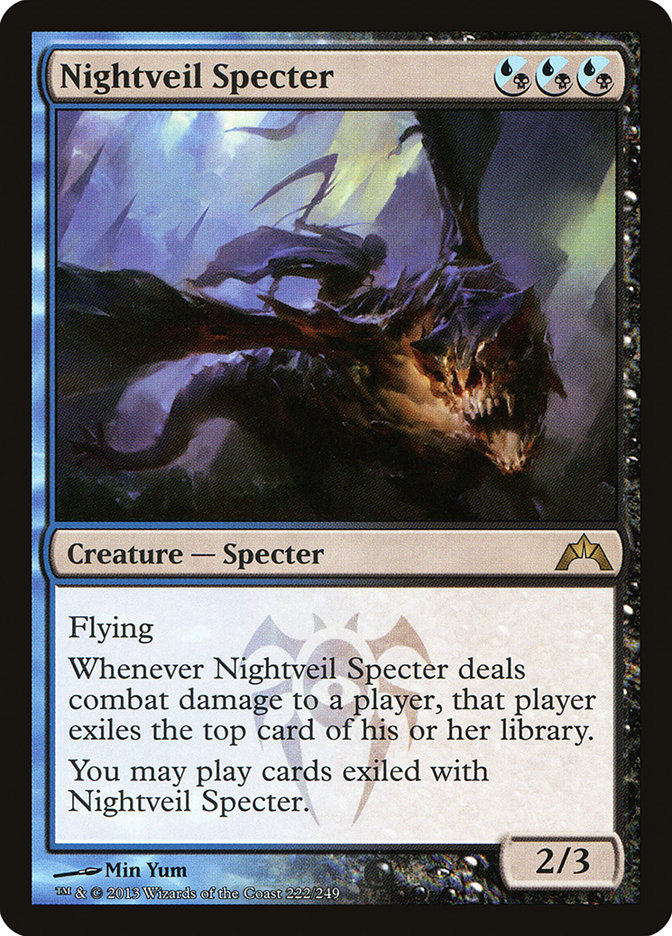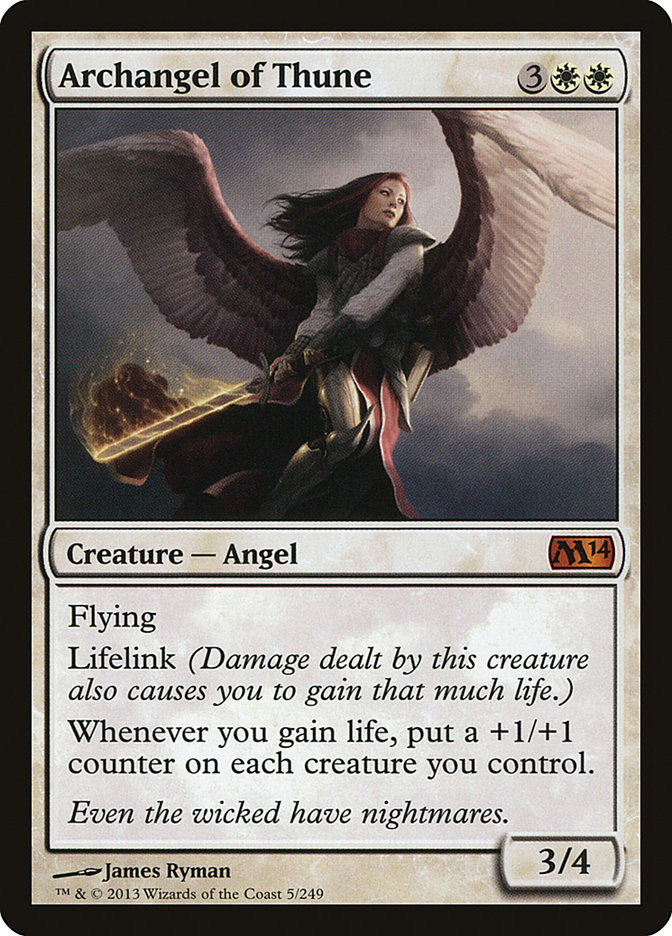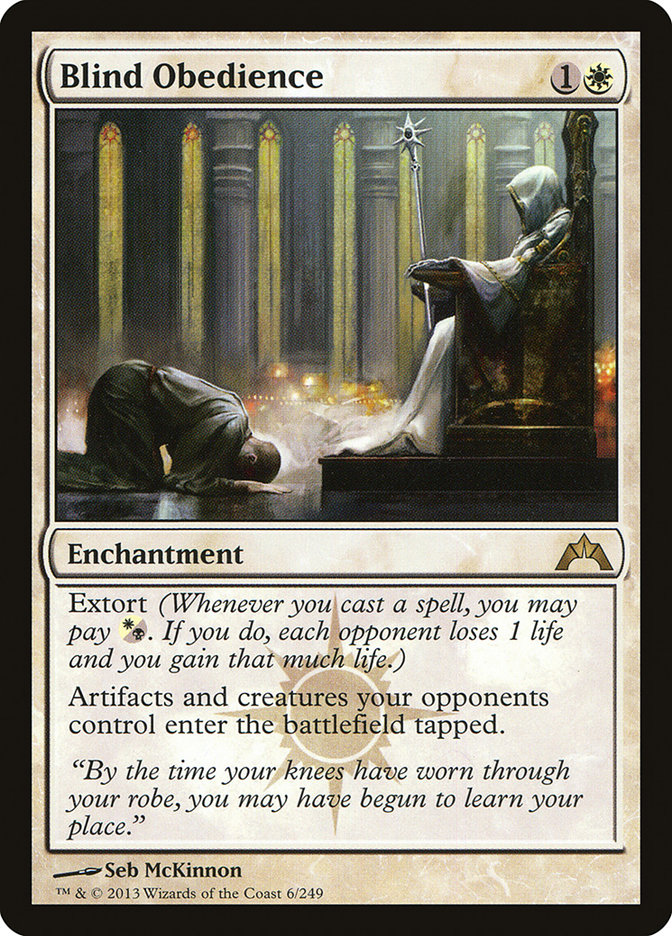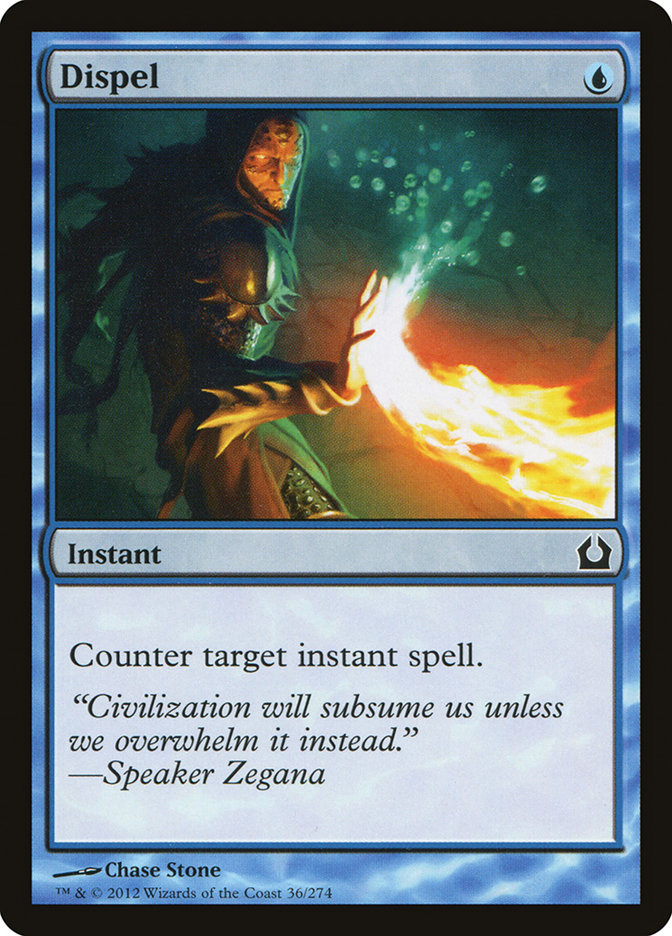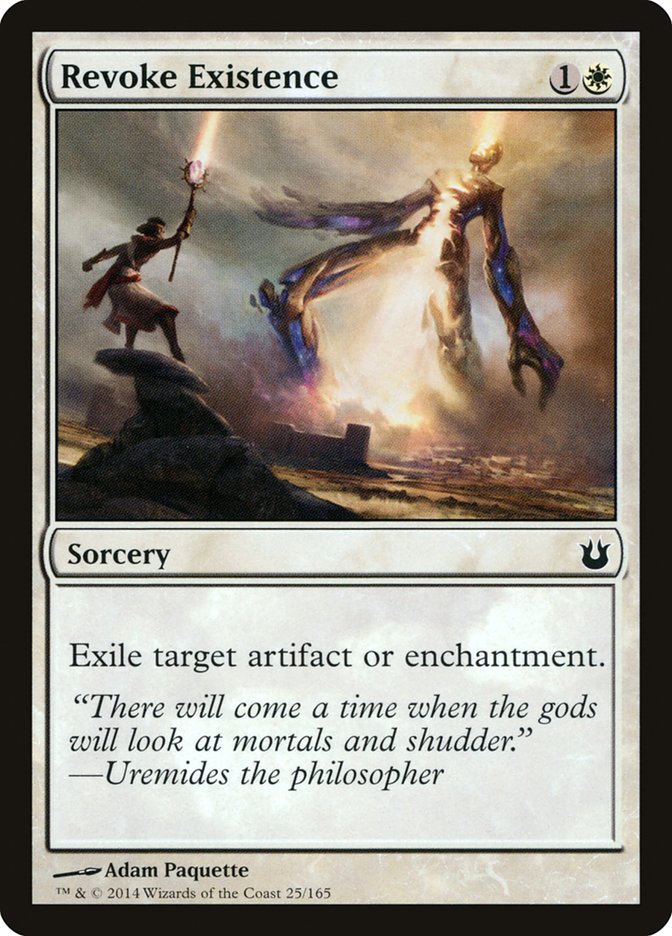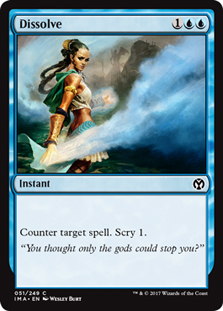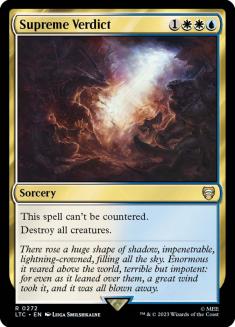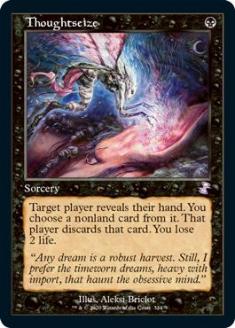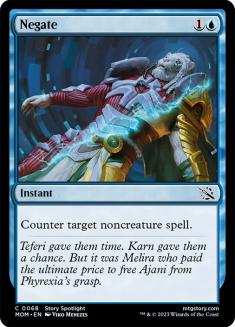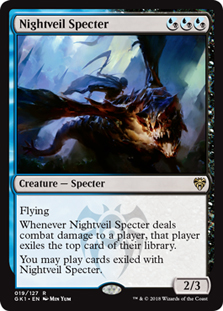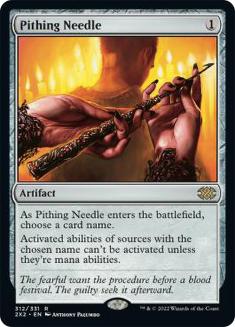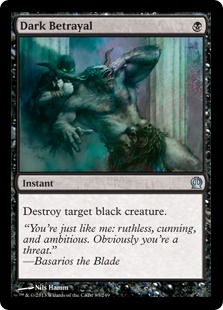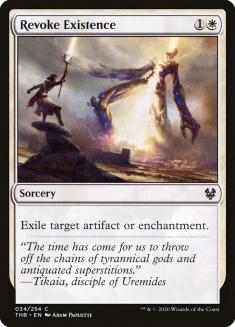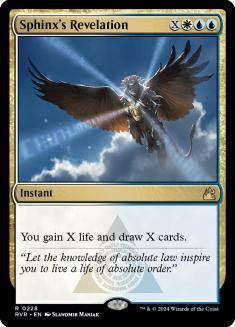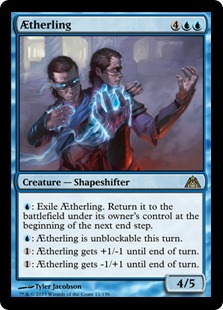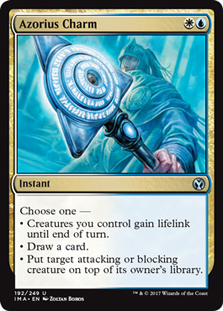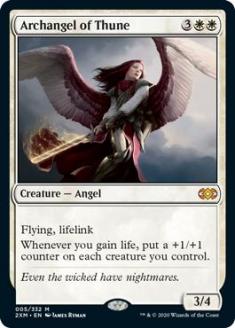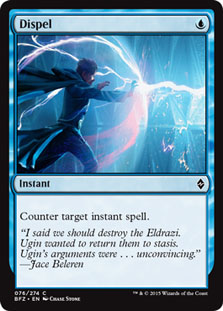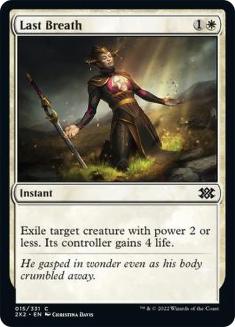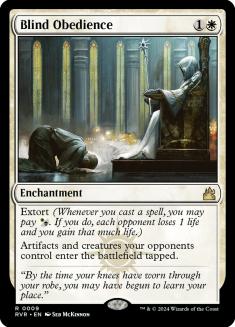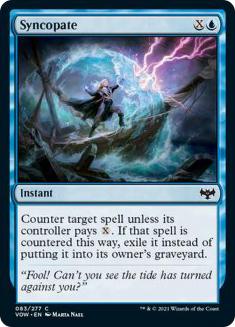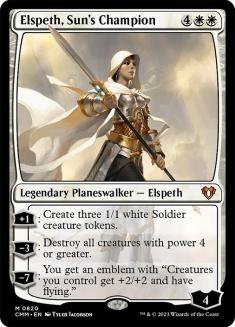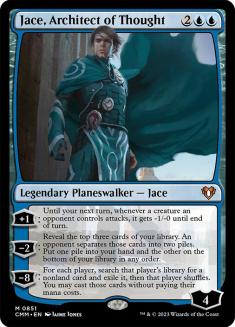This past weekend at the Season One Invitational in Charlotte, I decided to play a deck that I was very comfortable with—Esper Control—because it gives you many options to adjust to your opponent’s threats and has the power to finish the game when necessary. While I did not do as well as I would have liked in the Invitational, I was able to make Top 8 of the Standard Open the following day with the same 75, going undefeated in the Swiss at 8-0-2.
I would recommend this deck to anyone who wants to have a flexible game plan and might not be able to anticipate the metagame in their area or at an upcoming tournament.
Josh McClain and Alexander Hayne were influential in my individual card choices for the deck, adding very valuable insight into some of the one- and two-ofs, which I will explain in detail below.
So without further ado, I present the deck:
Creatures (1)
Planeswalkers (7)
Lands (27)
Spells (25)

Deck Breakdown
I’m going to do a standard deck breakdown here for those who are less familiar with the deck, as I feel that understanding card choices are crucial to piloting this deck to success.
Lands
First is the mana base, which is the backbone of the deck. The land choices in this deck are well thought out, and every single one of the 27 lands has appropriately earned its spot in the deck.
This deck has seventeen blue sources, fifteen white sources, and six black sources. While six black sources might seem slim, the deck only has one black card in the maindeck and three additional cards in the sideboard. This is largely a U/W Control deck, with the option to reach into black for bullets out of the sideboard at minimal cost to the deck’s consistency.
Additionally, 63% of the lands in this deck can enter the battlefield untapped, which can be the difference between victory and defeat against aggressive decks.
You’ll also notice that this deck is not running the full twelve Temples. This is a conscious decision, as it has become quite clear to me over dozens of hours of playtesting that the deck performs well against opposing control and midrange decks (where Temples shine) and needs additional edge versus aggro. I could understand if you want to play an eleventh Temple if you don’t expect a heavily aggressive meta, but I would strongly discourage from ever running the full twelve.
The three copies of Mutavault are less important as win conditions/damage dealers and more important as answers to other decks with Mutavault. Essentially, the deck can have a hard time against opponents who choose to slow play their threats and instead invest mana on beating for two or for damage per turn. Without Mutavault in the maindeck, we’d have only Last Breath and Elspeth, Sun’s Champion to effectively address opposing Mutavault. Pithing Needle, Nightveil Specter, and Archangel of Thune all provide additional answers to Mutavault out of the sideboard, but the maindeck requires that you’re able to consistently beat Mutavault in game 1 situations.
Core Spells
The following five cards make up the core of the deck, and there is no excuse to ever run fewer than four of any of them. The deck would even profit from running a fifth or sixth copy of some of them if it wouldn’t result in getting disqualified.
Cast this card, win the game. Sphinx’s Revelation is one of the most one-sided cards in the format, allowing you to win games that you would otherwise lose in a matter of one or two turns. Sometimes it will get stuck in your hand while you dig for lands, but the power of this card is so high that it’s worth the risk of having it be dead to increase the amount of times where you rip it off the top and proceed to strut to victory.
Similar to Revelation, Supreme Verdict allows you to win games that you have no business winning. It’s the best sweeper in the format, and its existence is directly responsible for the viability of U/W/x Control. It is simply the best overall answer to your opponent’s creature-based threats.
Sometimes your opponent doesn’t win directly with creatures (Elspeth, Sun’s Champion for example), and Detention Sphere is the best answer in the format to noncreature permanent threats. Just be sure to pay attention to exiling permanents with the same name as permanents you control (Elspeth, Sun’s Champion for example again—damn that card’s good!), as this happens far more often than one might think and sometimes ends in tears.
Dissolve is a Detention Sphere that you hold in your hand that also provides you with virtual card advantage in scry. This card answers threats that provide value for your opponent immediately upon their resolution, such as planeswalkers or spells like Rakdos’s Return. It also allows you to deal with some threats that Detention Sphere can’t, like Stormbreath Dragon. Control decks are all about managing your opponent’s threats, and this is one of the best tools in the format to do so.
Jace, Architect of Thought is the most cost-efficient source of card advantage in the format, both virtual and real. The +1 effect of Jace has a relevant impact on the board turn after turn, specifically against aggressive decks where he forces the opponent to commit to killing him or overextend into Supreme Verdict. The -2 ability is just icing on the cake, digging three cards deep sometimes for multiple turns in a row. As for playing four, you’ll likely never be sad about having a backup in your hand since having one in play often means you’re winning the game.
Support Spells
The remaining spells in the deck are all sound choices. There is room to adjust here in small doses, but I would probably not change my 60 by more than two cards in almost any circumstance right now. Here are the deck’s role players, which I will elaborate on the importance and usefulness of:
Syncopate is an all-around star. Nobody plays around it, and if they do, they often get crushed by Dissolve. It’s also the deck’s best two-drop and combos nicely with Dissolve in control mirrors.
As mentioned earlier, we need answers to Mutavault, and the deck’s mana restrictions prevent it from reasonably playing a fourth Mutavault. Last Breath helps against aggro and can even allow you to gain four life against burn decks or exile a single token in response to your opponent choosing a target for their Detention Sphere. You’ll never want four of these in your deck and could even go down to one or zero, but for now I feel that two is the right number.
Every U/W/x Control deck should have at least one Aetherling. It shines in control mirrors and is most effective in game 1. Only having one is not an issue since you will likely draw through 40 percent or more of your deck in game 1 versus the mirror. Having the card in your maindeck also allows you to complete the round in time, which can often be scarier than your opponent.
Elspeth, Sun’s Champion is the deck’s most common win condition. She kills your opponent very quickly, usually within four turns, and is strong against the entire field. She also answers some cards that are designed to put the hurt on this deck, like Blood Baron of Vizkopa, Mistcutter Hydra, and Stormbreath Dragon. I think that three is the perfect number, as just like Jace having an extra copy in your hand is usually not something to be sad about. However, while Elspeth is important, she is not critical to the deck’s early game, and waiting to draw one in the midgame will rarely cost you, so the fourth copy is unnecessary.
Two-drops are a problem for this deck. Azorius Charm is an elegant answer to them. It’s never a dead card and allows the deck to buy the time necessary to sculpt a game plan and find ways to manage your opponent’s real threats.
Sometimes you need a fifth Dissolve. This is that card in a slightly more situational and more cost effective form. Try it and you’ll probably like it. If you don’t, I could understand cutting it from the main, though I would strongly encourage moving it to the board instead of axing it from the entire 75.
Thoughtseize is a slightly more proactive removal/threat management spell that allows to you get ahead of the curve and gives you some information about your opponent’s game plan. It will allow you to better control the pace of the game. It’s not good in multiples, but often the one copy can give you the information necessary to form a winning game plan. The popularity of control right now warrants its inclusion. A second copy is in the sideboard, acting mostly as a one-mana counterspell in control mirrors.
Sideboard Spells
Obzedat, Ghost Council is Esper Control’s kryptonite. If Dark Betrayal ever does anything else, that’s just gravy, but the real reason for its inclusion is answering Obzedat. Do your best to never use it for anything else unless absolutely necessary since the deck has plenty of answers to the rest of the format.
Pithing Needle is a super versatile answer to many of the format’s threats, often acting as an additional copy of some other answer; however, it is uniquely the only card that the deck can topdeck to get you out of an Aetherling situation. Much like Dark Betrayal, do your best to use your other spells to control the game if you don’t have an Aetherling of your own on the battlefield
This is the defining sideboard card of the format. It’s the best answer to opposing Nightveil Specter, and the 2/3 flying body for three mana is relevant against 80 percent of the format. The fact that most decks will board out many if not all of their removal spells against you allows you to take early control of the game if you can get it working. Additionally, the recent popularity of Nightveil Specter in the sideboards of control decks means that your own Nightveil Specter are more important than ever.
Archangel of Thune crushes creature-based decks. Sure, it’s slow, but it’s nigh unbeatable and is particularly potent against Mono-Blue Devotion. This creature has a long ancestry, starting with Exalted Angel and later Baneslayer Angel, and will cause nightmares for your opponent should she ever be able to attack.
Blind Obedience one of the best things you can do against G/R/x Monsters. It does work against anything with haste, and the life steal is an added bonus. It also has fringe utility against Elixir of Immortality decks if you have no other options to win the game.
I think that one of these is good and two is flexible. It’s an insurance policy against Skullcrack when you try to cast Sphinx Revelation (leaving up mana for the Dispel) and is a reasonable sideboard card against the mirror. I think that an extra Negate is better than the second Dispel in the board, mostly for its utility in countering game-winning cards like Jace, Architect of Thought and Elspeth, Sun’s Champion that your opponent will often count on resolving.
Detention Sphere, Underworld Connections, all of the Gods—these cards will cause you pain, and Revoke Existence is the remedy. It is good against Esper Control, Mono-Black Devotion, and Mono-Blue Devotion, making it versatile and effective.
Sideboard Guide
Next up is a brief sideboard guide for some of the more popular matchups you may face this weekend. I will be piloting this deck at Grand Prix Phoenix this weekend and trying to replicate my strong Standard finish from last week.
Mono-Black Devotion & B/W Midrange
Out:
In:
Mono-Blue Devotion
Out:
In:
U/W Devotion
Out:
In:
U/W/x Control
Out:
In:
G/R/x Monsters
Out:
In:
Mono-Red Aggro
Out:
In:
R/W/x Burn
Out:
In:
Good luck this weekend fellow grinders, and if you have questions about sideboarding or some of my card selections, please feel free to ask!

